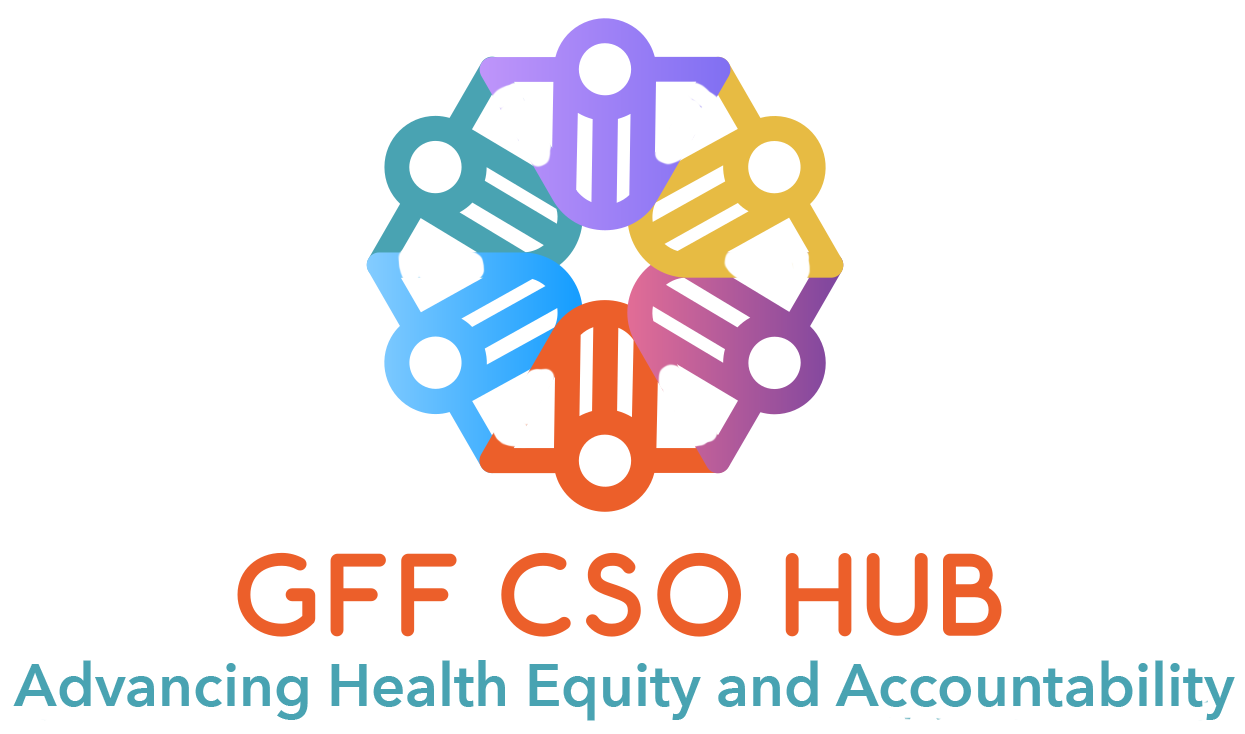26 African Countries Chart Books with Analysis of RMNCAH Indicators, 2019 – 2023 [Countdown 2030]
Tuesday, July 10, 2024: Countdown 2030 has published 26 African Countries chart books with analysis of Reproductive, Maternal, Newborn, Child and Adolescent Health (RMNCAH) indicators, 2019 – 2023. The analysis is based on routine district health facility data for 2019-2023, recent national surveys, health system data and global estimates with much attention paid to data […]
Type: Resources
Analysis of SRHR prioritization in Mozambique & Niger [Countdown 2030 Europe]
The Global Financing Facility (GFF) is a mechanism aimed at catalyzing the allocation of grant resources to scale up healthcare initiatives in low- and middle-income countries by leveraging domestic government resources, International Development Association and International Bank for Reconstruction and Development financing, aligned external financing, and resources from the private sector. The case studies presented […]
Type: Resources
Category: Sexual and Reproductive Health & Rights
Publication: Case Study on the Africa Medical Equipment Facility (Kenya)
Wemos (The Netherlands) is pleased to share with you a joint case study that it conducted together with Akina Mama wa Afrika (Uganda). We analysed the Africa Medical Equipment Facility (AMEF), a relatively new blended finance facility rolled out in Kenya since 2021, which is carried out by the International Finance Corporation (IFC) and is […]
Type: Resources
Category: Health Financing, UHC
GFF Annual Report 2021-2022 – EN/FR Report Available Online
This Global Financing Facility annual report provides a deeper look into the state of progress in health for women, children and adolescent in GFF partner countries and unpacks the impact of COVID-19 and other crises on countries and communities. It also looks at specific examples of how the GFF partnership has helped countries build more […]
Type: Resources
Global Financing Facility for Women, Children and Adolescents: A Case Study in Kenya
In 2014, the Global Financing Facility for Women, Children and Adolescents (GFF) was announced, targeting countries with the highest burden of maternal and child mortality. The aim of the funding is to ensure targeted efforts toward interventions that will reduce preventable maternal, newborn, child and adolescent deaths and improve their overall health, leading to a better quality […]
Type: Resources
Category: Maternal and Child Health
Analysis of the Health Sector Budget Execution Report – Mozambique
Analysis of the Health Sector Budget Execution Report – Mozambique
Type: Resources
Category: Health Financing
Analysis of the Main Budget Indicators of the Health Sector in the Last 10 Years
In Mozambique, the health sector is the third sector that absorbs most resources from the State Budget, the first of the priority sectors that most absorbs resources is Education, followed by the infrastructure sector and education sector, considering the methodology presented in the budget documents for the economic and social sectors. The special focus of […]
Type: Resources
Category: Health Financing
Voice, agency, empowerment – handbook on social participation for universal health coverage
In response to requests from Member States and the recommendations of the Taskforce on WHO-CSO engagement, WHO, UHC2030, the Governance Collaborative, and the UHC Partnership recently released a handbook.
Type: Resources
Category: UHC
Report: Increasing GFF Impact on RMNCAH in Tanzania
Tanzania is one of the Global Financing Facility (GFF) front runner countries which is funded by World Bank IDA, GFF trust fund, USAID, Power on Nutrition, Development Partner and the Government of Tanzania. The fifth year of implementation was expected to end June 30th, 2020, but has been extended to June 30th, 2021. This analytical […]
Type: Resources
Category: Health Financing, Investment
Tanzania GFF CSOs Accountability Scorecard
The Tanzania GFF CSOs Accountability scorecard is designed to track Global Financing Facility (GFF) goals and principles relating to improving the health and well-being of women, children and adolescent, as well as ensuring inclusivity and transparency is embodied in in-country operationalization of the GFF mechanism.
Type: Resources
Category: Civil Society
